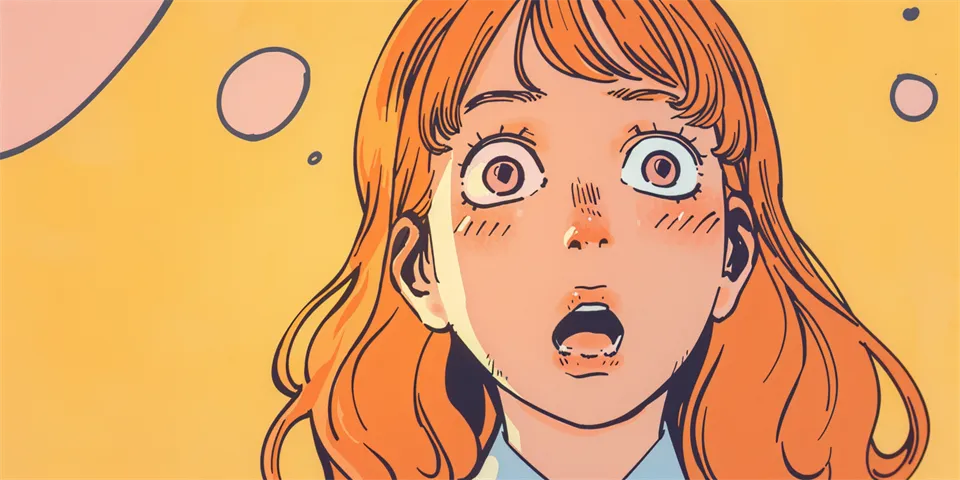Is fanfiction copyright infringement
Fan fiction, a form of storytelling that involves fans creating their own stories based on copyrighted characters, settings, and plots from popular works, has become increasingly prevalent in recent years. One question hovers persistently over this burgeoning industry: Is fan fiction copyright infringement? This article will explore various aspects of this subject to try to shed some light on this question.
1. Copyright Law
Copyright law protects original works of authorship including literary, dramatic, musical, and artistic works. It gives the copyright holder the exclusive right to reproduce, distribute, perform, display, license, and prepare derivative works.

Fan fiction can potentially infringe upon these rights if it closely reproduces the source material or creates derivative works that could negatively impact a copyright holder’s ability to exploit their work.
2. Fair Use
The fair use doctrine provides a potential defense to copyright infringement. It allows for limited use of copyrighted material without obtaining the copyright holder's permission under certain circumstances such as criticism, comment, news, reporting, teaching, research, and others.
Whether fan fiction falls under the protections of fair use often depends on four factors: the purpose and character of the use, the nature of the copyrighted work, the amount and substantiality of the portion used, and the effect of the use on the potential market for or value of the original work.
3. Parody and Satire
Parody, a work that ridicules another by imitating it in a comic way, and satire, a work that criticizes human conduct by making it appear ridiculous, are protected under the laws of many countries. This could arguably apply to some fan fiction that uses parody or satire to reinterpret the original works.
However, a fan fiction author must be careful as the line between parody and copyright infringement is often blurry.
4. Transformative Works
To qualify as fair use, a fan fiction should be a 'transformative work', meaning it adds something new or changes the original work's meaning or message. Courts have tended to favor transformative works in copyright infringement lawsuits.
If the fan fiction simply retells the original story with no significant changes, it could be seen as infringing upon the copyright holder's exclusive rights.
5. Nonprofit vs. Commercial Use
Fan fiction is generally written by enthusiasts for personal enjoyment, and most fan fiction is not sold for profit. This non-commercial distribution is generally seen as less likely to infringe on copyright than commercial endeavours.
However, trying to monetize fan fiction can run foul of copyright laws, particularly when fan fiction authors try to sell their stories as eBooks or otherwise profit from someone else's intellectual property.
6. Explicit Consent
Some copyright holders encourage or at least tolerate the creation of fan fiction based on their works. Websites like FanFiction.net or Harry Potter fan site Pottermore, authors like J.K. Rowling have actively encouraged fans to create their own stories within her magical universe.
Explicit permission like this from the original author overrides any potential copyright concerns, just as long as the fan creators adhere to whatever restrictions or guidelines the copyright holder may have put in place.
7. The Role of Publishing Platforms
Platforms such as Kindle Worlds and Wattpad offer creators a legitimate avenue for publishing fan fiction. Kindle Worlds held licenses from various copyright holders that let fan fiction authors write and sell officially sanctioned fan stories on Amazon, while Wattpad operates under a model that allows for the publishing of fan fiction but prohibits its sale.
These platforms also typically have rules and standards that authors must follow, and they often work directly with copyright holders to address any concerns about copyright infringement.
Common Questions and Answers
Q: Is all fan fiction illegal?
A: No, not all fan fiction is illegal as it can potentially fall under fair use or be permitted by the copyright holder.
Q: Can fan fiction authors sell their works?
A: Yes, provided they have the permission of the copyright holder or their work is deemed to be a transformative fair use.
Q: What happens if fan fiction is deemed to infringe copyright?
A: If found guilty of copyright infringement, a fan fiction author could face legal penalties including damages and court costs.
Conclusion
Whether fan fiction constitutes copyright infringement depends on a host of factors. While it's clear that writing and sharing fan fiction presents certain risks, many authors choose to walk the fine line between creativity and copyright, often with the explicit or implicit permission of the copyright holder.
References
1. Garner, B. A. (2016). Garner's dictionary of legal usage. OUP USA.
2. Lemley, M. A. (1997). The modern Lanham Act and the death of common sense. Yale LJ, 108, 1687.
Explore your companion in WeMate